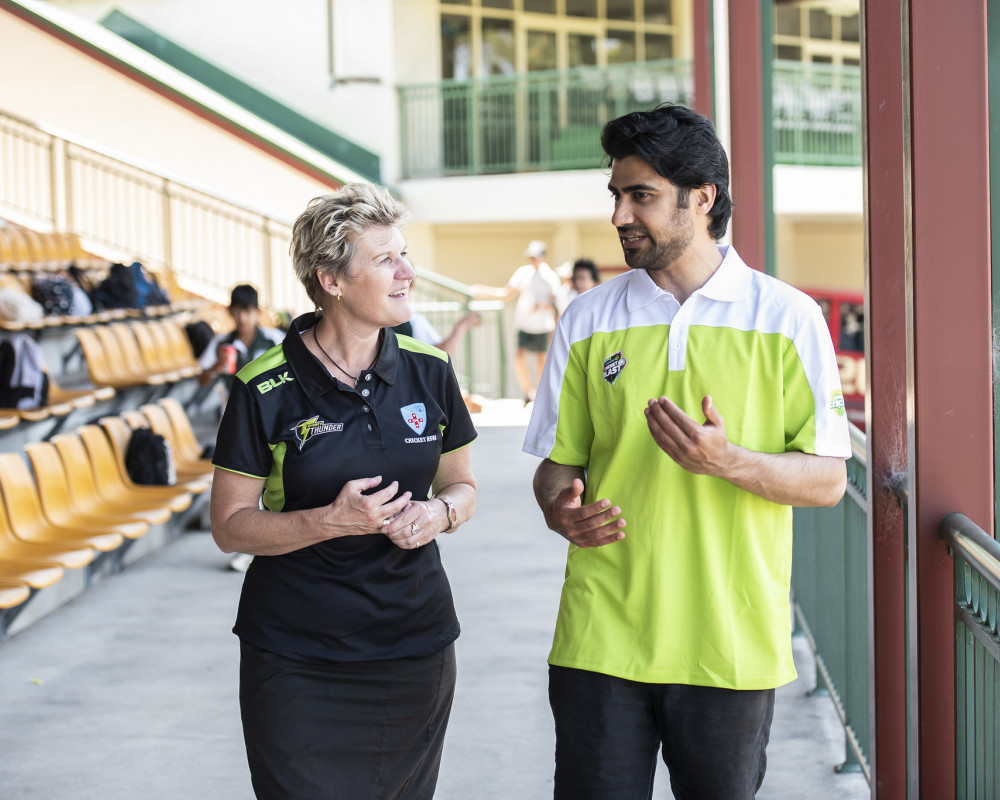Working on a student visa
International students have the same workplace rights as anyone else working in Australia. You may get a part-time or casual job to help pay your living expenses while you study in NSW.
Student visa holders in Australia are now eligible to work for up to 48 hours per fortnight during term time and full-time during holidays. It is important to check your visa rules to ensure you are allowed to work before you start looking for a job.
Check Visa Entitlement Verification Online (VEVO)External Link .
From 1 July 2023, student visa holders can work no more than 48 hours a fortnight while studying.
To learn more, visit Home AffairsExternal Link .
Types of employment in Australia
There are three types of employment in Australia: full-time work, part-time work and casual work.
The type of employment you choose will determine how many hours you can work, rates of pay, breaks and entitlements. All types of employment will also require tax and superannuation to be paid.
You can use the Fair Work Ombudsman's Pay and Conditions Tool External Link to learn more about:
- pay rates
- penalties and allowances
- leave entitlements.
If you have questions about your pay and conditions at work, visit fairwork.gov.auExternal Link for help.



